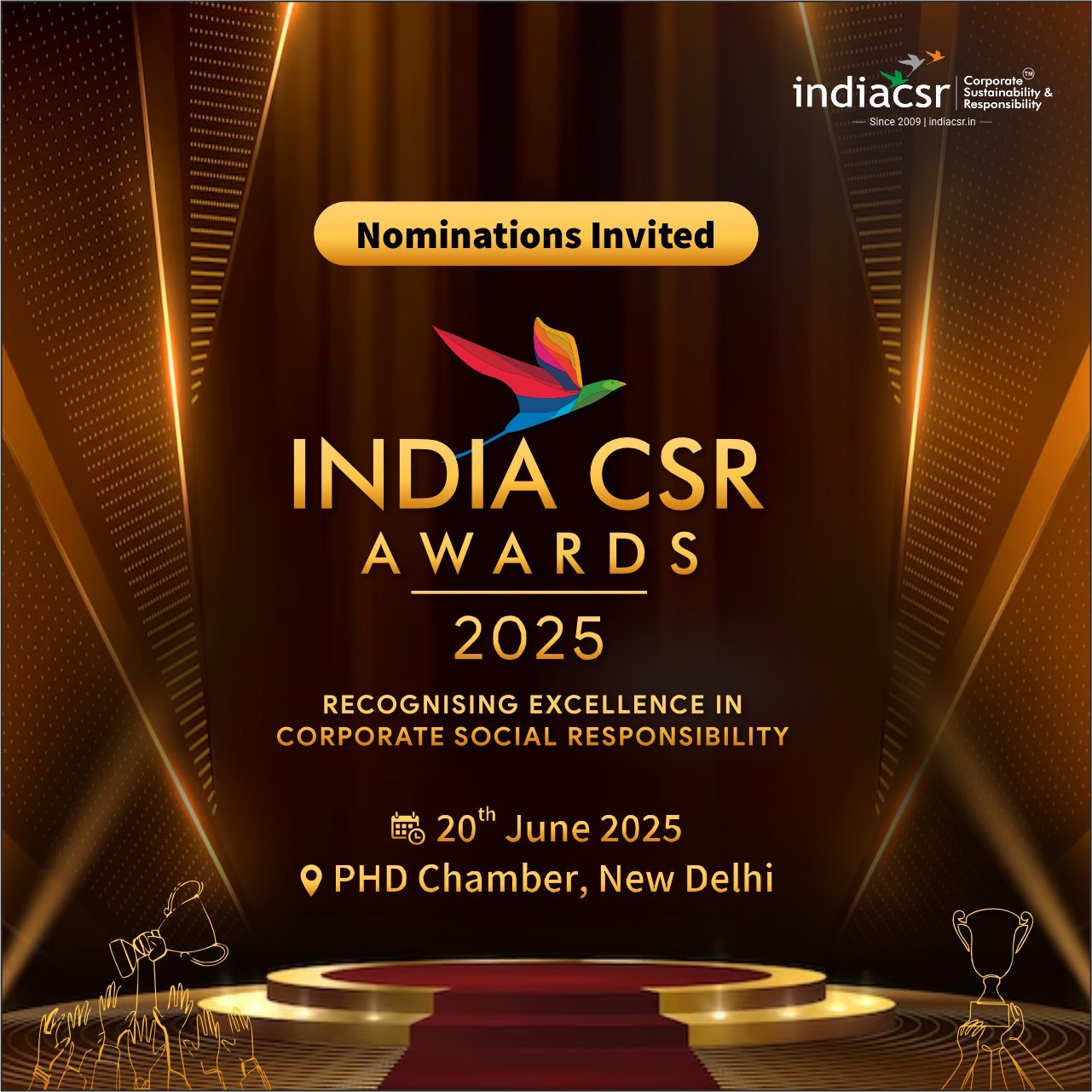In a world of unanticipated pandemic, climate change, and the growing competition towards success, it is now time to step up and look at our environment through a critical pair of eyes. The time is now to work together hand-in-hand towards a better and more sustainable world. Adopting sustainability is the need of the hour and not just an after-thought.
Greta Thunberg said that the eyes of the future generations are on us. It is on us to start acting today for the sake of having a tomorrow. Every day is important, and every conscious step taken matters. Understanding the importance of mindful living and sustainability is the first step forward. From segregating paper and plastic to reducing e-waste, sustainability must play a role in every effort.
We have witnessed the negative impact of environmental imbalance in 2020 with fire, floods, and rainfall, therefore this World Environment Day, organizations must pledge to implement the sustainability agendas that they have set to achieve.
Implementing the sustainability imperatives
A good sustainable strategy aids the company in the form of goodwill and a better reputation. Here are five imperatives that an organization must keep in mind while creating a business model:
Beating the climate change
Energy consumption of products or solutions account for a significant portion of its total environmental impact. Regularly monitoring, reporting, and analyzing greenhouse emissions can provide insights into processes that are most harmful, and measures can be accordingly taken to lower the carbon footprint. Businesses must try to lower the emissions related to energy consumption of premises, company cars, business travel and paper consumption. Switching to eco-friendly, plant-based, and bio-degradable packaging materials must also be adopted and encouraged. Conscious efforts in minimizing the ecological impact of a product life cycle should be of the utmost priority.
Responsible and innovative supply chain
All product manufacturing should occur in an environmentally, socially, and ethically sustainable way that is both responsible and innovative. All business suppliers must sign a code of conduct, comply with the sustainable global requirements, take social and environmental responsibility for their operations, and counteract corruption. Businesses must encourage their suppliers to be innovative and use technology for eliminating processes that are hazardous to human health. They should also be encouraged to reduce waste of materials and ensure that resource extraction occurs in a responsible way.
Material Compliance
Protecting ecosystems by eliminating the use of hazardous substances in products which will harm ecosystems and people. Phasing out PVC, brominated and chlorinated flame retardant and use of conflict-free minerals should be incorporated into the product/solutions plan. They should also carry out projects to overview material compliance processes to control hazardous materials and substances in products and identify solutions which will be in coherence with regulatory compliance.
Protecting natural resources
Organizations must make every effort to use natural resources responsibly throughout the value chain, including using recycled materials and mindful water consumption. Businesses should be consistent in including new recycled material to its material library to increase the percentage of recycled materials in products. Water usage by suppliers should be documented, identifying the most water-intensive process, followed by setting reduction targets for suppliers consuming the highest amount of water.
A sustainable future
The journey towards sustainability is long and may take a lot of permutation combinations of the approaches to make the greatest impact but standing united makes it plausible to save the planet. As consumers, local communities and civil society organizations are becoming more mindful – sustainable practices must become the cornerstone of every enterprise’s goals towards a conscious future.
📢 Partner with India CSR
Are you looking to publish high-quality blogs or insert relevant backlinks on a leading CSR and sustainability platform? India CSR welcomes business and corporate partnership proposals for guest posting, sponsored content, and contextual link insertions in existing or new articles. Reach our highly engaged audience of business leaders, CSR professionals, NGOs, and policy influencers.
📩 Contact us at: biz@indiacsr.in
🌐 Visit: www.indiacsr.in
Let’s collaborate to amplify your brand’s impact in the CSR and ESG ecosystem.





























